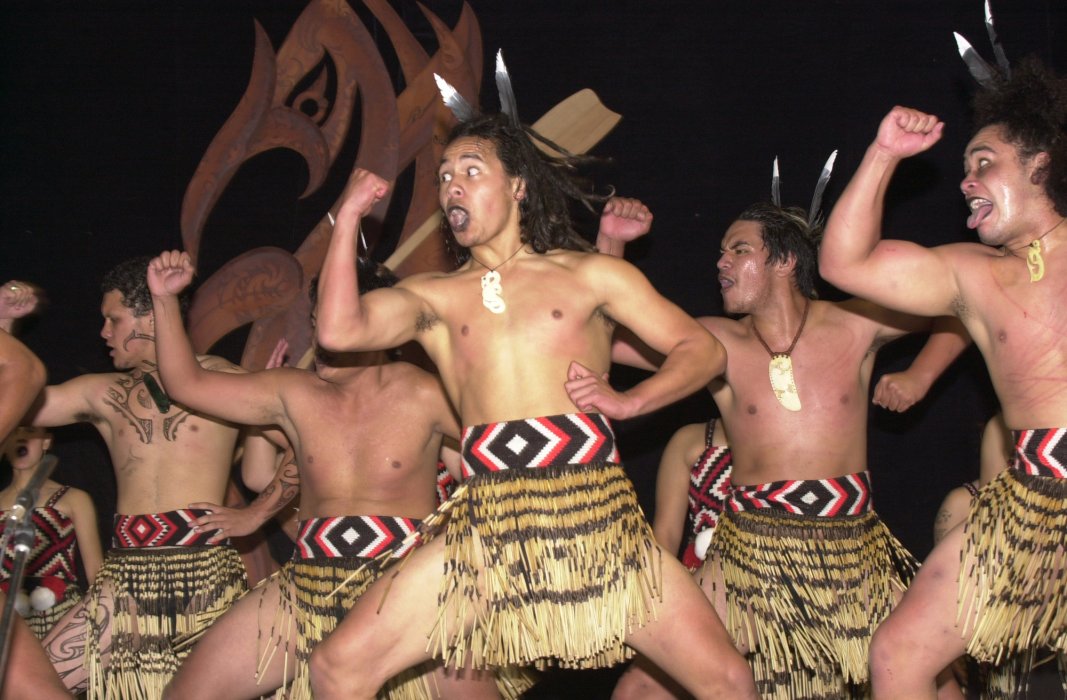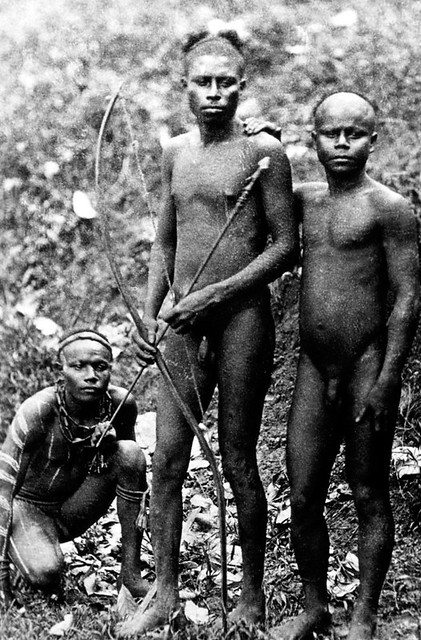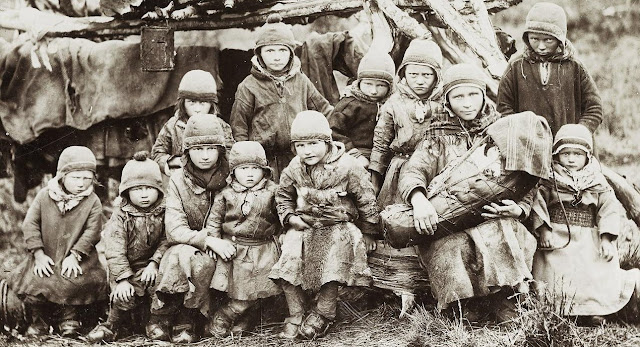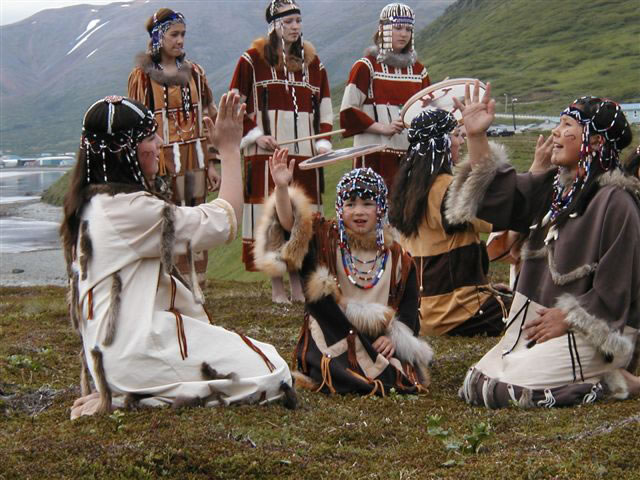LeBrok
Elite member
- Messages
- 10,261
- Reaction score
- 1,617
- Points
- 0
- Location
- Calgary
- Ethnic group
- Citizen of the world
- Y-DNA haplogroup
- R1b Z2109
- mtDNA haplogroup
- H1c
In principia and roughly, idea of communism applies to equal sharing of production of goods among group members and equally owning resources. By these standards H-G hunter-gatherers were communist by nature of their socio-economic settings (system). They went hunting together on land or forest belonged to the whole group. I believe (helped by documentaries about small Amazon tribes) that they must have shared the spoils of their hunt equally amongst all hunters, or all families. Also in very small tribes their "political system" resembled democracy where every voice is heard and compromise have to be find to satisfy all without anyone being a leader, although leader might be appointed by community or become one by age and experience. I know that democracy never happened in so called communist countries of recent times, but if I'm not mistaken, democracy was predicted to happen in higher stages of communism.
In my opinion, this state of communism of H-G tribes must have existed for long hundred thousand of years, most likely from done of humankind. I'm observing very strong tendencies of our modern societies in field of economics and politics, which mirror exactly the ones of hunter-gatherer. In spite of last millennium of strong feudal and bondage to land environment, and also last 500 years of birth and dominance of capitalism, giving a chance of choice, we are reversing and changing socio-political systems to resemble communism.
Feudalism is completely gone; capitalism has lost its rampant exploitation too. Today's societies of the west are mostly democratic, and sharing wealth with poorest, regardless of their input in production. Capitalism is here, because it works the best so far in production of goods, but surprisingly, population sentiment is not so favorable for it. We demand as equal sharing as possible, we call people with more money greedy, system unfair and complain about income inequality. Even though capitalism made our societies rich and powerful, we don't like its nature.
Logically, capitalism works the best, and case should be closed. But it is not, because deep down there in our DNA, in our nature, we feel that sharing is good (even giving presents gives us pleasure), inequality in distribution of wealth feels bad and unjust, splitting all equally feels the best and just.
By these hard wired emotions of equality and justice that we feel so strongly, we can deduct what life our ancestors was like in department of economics. The history of their life is in our genes. I mean their genes that we are made of, so no wonder we feel same as they did.
In my opinion, this state of communism of H-G tribes must have existed for long hundred thousand of years, most likely from done of humankind. I'm observing very strong tendencies of our modern societies in field of economics and politics, which mirror exactly the ones of hunter-gatherer. In spite of last millennium of strong feudal and bondage to land environment, and also last 500 years of birth and dominance of capitalism, giving a chance of choice, we are reversing and changing socio-political systems to resemble communism.
Feudalism is completely gone; capitalism has lost its rampant exploitation too. Today's societies of the west are mostly democratic, and sharing wealth with poorest, regardless of their input in production. Capitalism is here, because it works the best so far in production of goods, but surprisingly, population sentiment is not so favorable for it. We demand as equal sharing as possible, we call people with more money greedy, system unfair and complain about income inequality. Even though capitalism made our societies rich and powerful, we don't like its nature.
Logically, capitalism works the best, and case should be closed. But it is not, because deep down there in our DNA, in our nature, we feel that sharing is good (even giving presents gives us pleasure), inequality in distribution of wealth feels bad and unjust, splitting all equally feels the best and just.
By these hard wired emotions of equality and justice that we feel so strongly, we can deduct what life our ancestors was like in department of economics. The history of their life is in our genes. I mean their genes that we are made of, so no wonder we feel same as they did.








